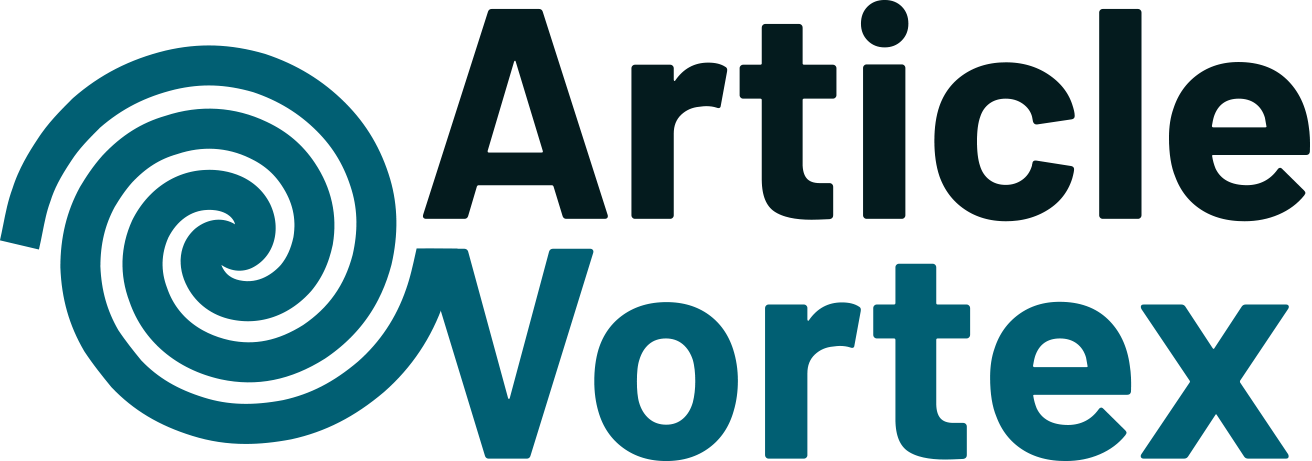Understanding Tax Extension Services
Tax extension services offer taxpayers the ability to extend their deadline for filing income taxes, providing much-needed flexibility and reducing the stress associated with the tax season. While a tax extension does not postpone the payment due date, it does give individuals and businesses additional time to file their returns accurately. This can be especially helpful for those waiting on delayed documentation, managing complex finances, or dealing with unexpected life events. The tax extension due date for most individuals typically falls six months after the original deadline, giving ample time to organize necessary paperwork and avoid filing errors.
By utilizing tax extension services, you can make use of reliable options like tax extension electronic filing, which simplifies the process and ensures timely submission. Whether you are filing individually or on behalf of a business, understanding what’s required can help avoid penalties and interest for late filing. The IRS provides official guidance and resources to help taxpayers complete the tax extension form 2025, making it accessible and straightforward for most users.
How and When to File a Tax Extension
The process of filing a tax extension is relatively simple but must be done correctly to be effective. To begin, taxpayers must submit the appropriate tax extension form 2025 to the IRS by the original tax filing deadline, which is typically in April. Filing can be done via mail or through tax extension online platforms, which are often quicker and more efficient. Electronic filing is recommended for its speed and confirmation of receipt.
Key steps in filing a tax extension include:
- Completing the IRS tax extension form accurately
- Choosing between mail or electronic submission
- Paying any estimated taxes owed by the original deadline to avoid penalties
It’s important to remember that a tax extension only delays the filing of your return, not the payment. If you expect to owe taxes, it’s wise to estimate your liability and make a payment by the original due date to minimize interest or penalties.
Benefits of Using Tax Extension Services
There are several benefits to using tax extension services, especially for those with complex tax situations. Filing for an extension can reduce the likelihood of errors, allow more time to gather documentation, and ultimately result in a more accurate return. For self-employed individuals, small business owners, or anyone dealing with investment income, an extension can be a helpful tool in managing financial responsibilities.
Some of the benefits include:
- Extra time to consult with tax professionals
- Reduced risk of filing mistakes that can trigger audits
- Improved ability to claim eligible deductions and credits
Taxpayers can also file a tax extension in {city} using local tax preparation services or online platforms. These services often assist with both federal and state tax filings, ensuring compliance with all relevant regulations.
Common Misconceptions About Tax Extensions
Despite their usefulness, there are several misconceptions about tax extensions that often deter individuals from using them. One common myth is that filing a tax extension increases the chance of an IRS audit. However, there is no evidence to support this claim. Another misconception is that extensions are only for those who cannot pay their taxes on time. In reality, many people file extensions simply to ensure their returns are complete and accurate.
Clarifying these misunderstandings can help more taxpayers take advantage of the flexibility that tax extensions offer. It’s also worth noting that tax extension 2025 options are available well in advance of the deadline, and planning ahead can reduce the stress of last-minute decisions. Additionally, using tax extension electronic filing tools can streamline the process and provide real-time confirmation that your request has been received.
Tools and Resources for Filing a Tax Extension
There are several tools and resources available to support taxpayers in filing their tax extensions. The IRS website offers official forms, instructions, and FAQs that address common concerns. For those looking to submit a tax extension online, a variety of platforms provide step-by-step assistance and reminders as the tax extension due date approaches. These services can be especially helpful for those unfamiliar with the process or managing multiple income streams.
When seeking support, consider the following options:
- IRS Free File for eligible individuals
- Commercial tax software with extension filing capabilities
- Local tax professionals or accountants in your area
For those filing a tax extension in {city}, it’s beneficial to find local services that understand state-specific requirements. Whether you choose to file independently or with assistance, staying informed and organized is key to successfully managing your tax responsibilities.
Conclusion: Making Tax Season More Manageable
Filing a tax extension can be a practical solution for individuals and businesses seeking more time to prepare an accurate return. With resources like tax extension electronic filing and support for completing the tax extension form 2025, the process has become more accessible than ever. Whether you’re considering a tax extension in {city} or elsewhere, planning ahead and using available tools can reduce stress and ensure compliance with IRS regulations. Ultimately, taking advantage of tax extension services allows for a more thoughtful and less rushed approach to meeting your tax obligations.












